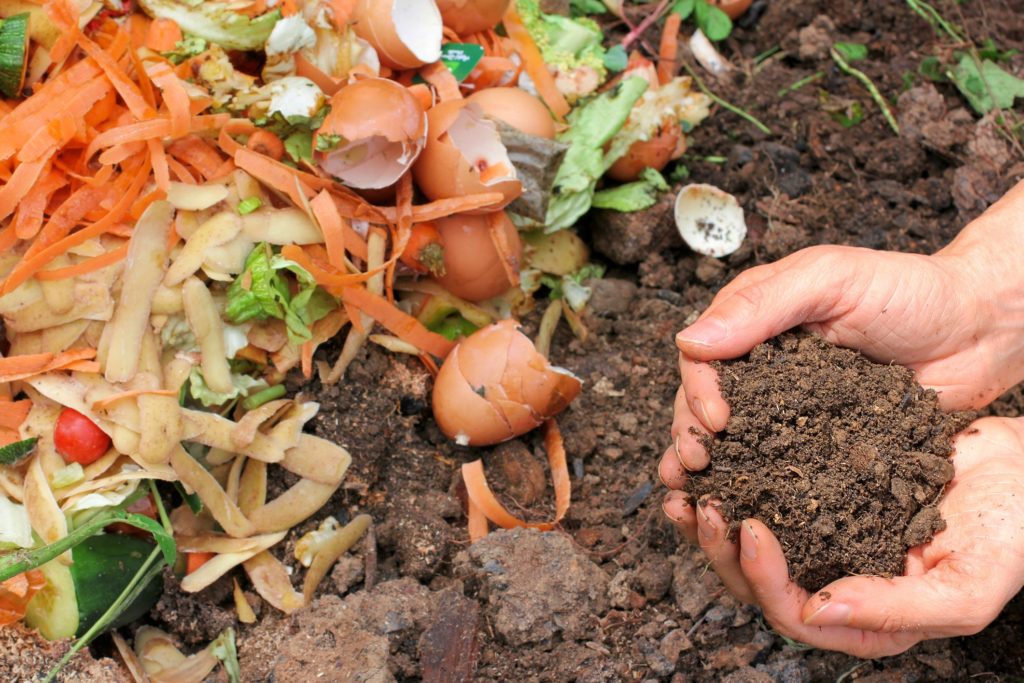Blog
How to Create a Zero-Waste Kitchen
With the increasing cost of fuel, groceries, and other everyday goods and services, it makes more sense than ever to find new ways to cut costs. Sure, you know to turn off lights and TVs when not in use, look for sales or clip coupons, and walk, bike, or carpool when you can.
Today, the focus is on how to cut costs in your kitchen without sacrificing comfort or convenience. While you’re at it, you’ll save money and help the environment by reducing your carbon footprint.
- Swap the expensive paper towels for cloths or rags. Did you know paper towels generate approximately 13 billion pounds of waste each year in the U.S. alone? So instead, use towels, rags, and cloths to dry your hands, wipe up spills, and clean up messes. Take it a step further and make your own wipes out of old towels or t-shirts. When dirty, simply toss them in the wash, dry, and reuse.
- Replace paper napkins with cloth for meal and snack time. Who knows, a fun color or print might even get your toddler to eat his veggies.
- Purchase refillable dish soap and cleaners. If you’re only buying standard size cleaning products that aren’t refillable, you’re sending too much plastic into landfills and paying more to do so. Instead, purchase refillable bottles and bulk-sized soaps and cleaners to refill as needed. Or make your own cleaning solutions with a few simple ingredients you likely already have in your pantry.
- Use reusable shopping bags. Plastic bags generate over 4 million tons of waste each year. If your area charges a fee for a paper or plastic bag, purchase reusable shopping bags to save a few dollars and help the environment in the process.
- Store leftovers in reusable food storage containers and bags. Plastic wrap, aluminum foil, and zip top storage bags can get pricey with repeated use. Washable beeswax wrap, glass food storage containers, silicone bowl lids and baking mats, and washable sandwich bags can replace them all for a more cost-effective and eco-friendly solution.
- Save and re-purpose food scraps for healthy, all natural, and free fertilizer for your houseplants and garden. Don’t have a large enough outdoor area for a compost pile? Don’t worry – a countertop compost pail allows even studio dwellers to collect food scraps.
- Buy in bulk. Bulk items like cereal, rice, granola, nuts, seeds, and other dry good are generally less expensive per unit than their traditional-sized bags or cans. For the meat eaters, look for sales on your favorite or often used cuts, portion them out, and freeze for a later date.
- Ditch the coffee pods. Pod-style coffee machines generate enough waste to circle the earth 12 times! Not to mention the fact that they aren’t cheap. Instead, use a programmable coffee pot to have a pot of coffee ready by the time you start your day. Or try your hand at a French press that uses fresh ground coffee beans and a metal strainer. No pods or filters, and no electricity to operate – just a boiled kettle of water.
- Invest in a water filter. If you’re constantly purchasing bottled water because your tap water tastes less than refreshing, a whole-house or under-sink water filter can reduce the contaminants in your water, improve its taste, and spare the planet at least part of another ecological nightmare.
Guess which part we can help you with? Exactly – here at Messmer Mechanical we are water treatment specialists. We have the right solution for every household water need, and that goes for well and city water alike. Contact us today to discuss your water quality needs and discover just how easily we can make the problem disappear.
Our Service Partners Get it All.
Enroll in our Service Partner Plan and enjoy added value plus proactive greater and protection for your home comfort equipment.
- Annual inspections
- Lower energy costs
- Priority service
- Fewer repairs
- 10% off heating & cooling repairs identified during annual preventive maintenance
- Annual Plan Renewal
- And more
Become a Plan Member and take advantage of the savings today!


